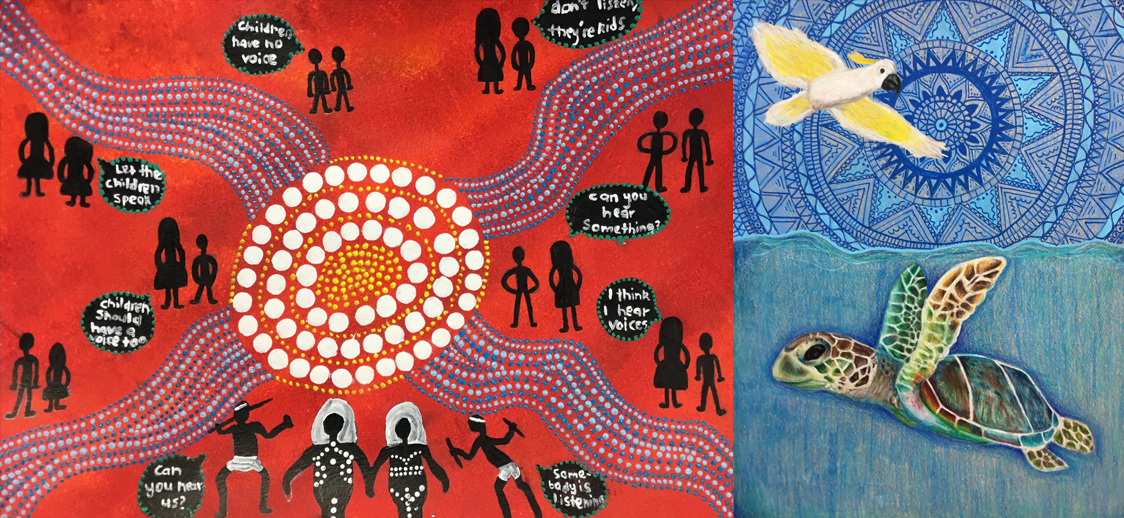
High proportion of Indigenous people are working in mining, associating job opportunities with land dispossession and pollution there is a better working climate in mining companies with signatory projects High proportion of Indigenous people working in the goods-producing sector, health care and social assistance, retail, and public administration there is under-representation in managerial and technical positionsĮxposure to typical occupational hazards in these industries increased risk of staying in low hierarchical levels, which comes with an increased risk of occupational hazards in these industries and a possible feeling of injustice
#Canadian aboriginal writing challenge professional#
Reduced possibilities of professional promotion, which might prolong the exposure to occupational hazards by staying in low hierarchical levels, and the feeling of injustice Indigenous people might have less access to training and have less credentials than non-Indigenous people they might benefit from distance-learning opportunities Indigenous people might have an increased need to stay employed despite health issues there might be risks related to both occupational exposures and ageing they might not be covered for workers' compensation Indigenous people have higher unemployment rates and lower wages than non-Indigenous people they are more likely to be self-employed Possible implications for occupational health professionals Table 2 Summary of main findings and possible implications for occupational health practitioners There is a scarcity of studies on major occupational health topics such as occupational cancers or musculoskeletal disorders in Indigenous people. Indigenous workers might also cumulate occupational and environmental exposures from industries that have settled close to their dwellings (eg, exposure to polychlorobiphenyls). We included 31 studies, from which we found that Indigenous workers are experiencing intersectionality issues: in addition to having differential health issues related to a below-average socioeconomic status, Indigenous workers face discrimination in workplaces that affects their mental health. We searched seven databases to retrieve studies on Indigenous people, in Canada, and on occupational health as defined by the International Labour Organization. The objective of this narrative review is to address some of these calls by summarising the available evidence on work and health issues encountered by Indigenous workers in Canada. The Truth and Reconciliation Commission of Canada has published 94 calls to action to redress the legacy of residential schools where thousands of Indigenous children have died.


The Lancet Regional Health – Southeast Asia.The Lancet Gastroenterology & Hepatology.


 0 kommentar(er)
0 kommentar(er)
